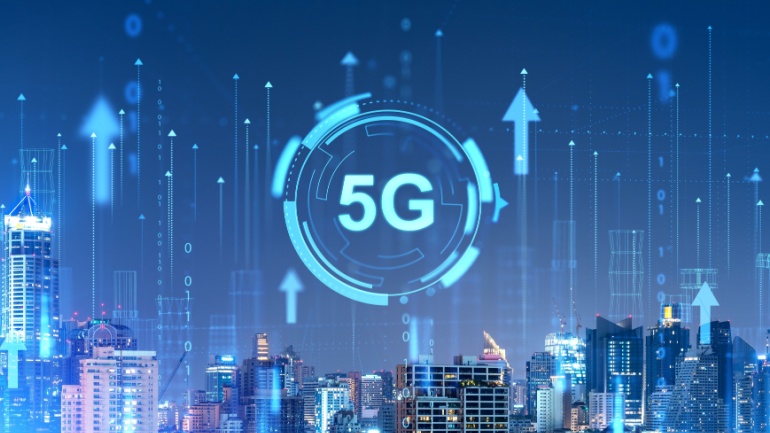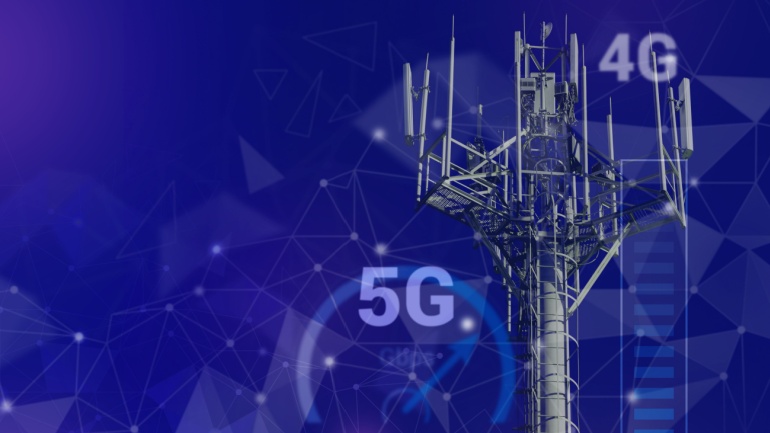Zoom has launched its new Education Ambassador Program to enhance the use of Zoom Workplace tools in K-12 and higher education. The initiative will initially include over 30 North American participants, focusing on innovative teaching methods. Ambassadors will share best practices and provide feedback to improve Zoom’s educational technology.
Radware has launched EPIC-AI, an advanced AI-powered platform designed to revolutionize cybersecurity solutions. With state-of-the-art algorithms, EPIC-AI ensures precise, hands-free security for cloud, on-premises, and hybrid environments. This innovative technology enhances protection accuracy, expedites resolution times, and reduces costs, addressing the increasing risk levels from automated cyber-attacks and regulatory complexities.
Ofcom, the UK’s communications regulator, introduces robust measures to combat scam calls from abroad. By mandating that phone companies block calls with fake UK landline numbers, Ofcom aims to curb ‘spoofing’ and protect consumers. With BT successfully blocking up to one million calls daily, the initiative promises enhanced public safety and fewer scam calls.
Cisco and Rockwell Automation have partnered to accelerate industrial digital transformation in the Asia Pacific, Japan, and Greater China region. This collaboration aims to optimize manufacturing operations, boost productivity, and ensure industrial network security through advanced solutions like industrial IoT.
Korean tech giant Samsung Electronics has acquired Oxford Semantic Technologies, a UK-based startup specializing in advanced knowledge graph technology. This strategic move aims to enrich Samsung’s AI capabilities, enhancing user experiences across its ecosystem. By integrating this technology, Samsung plans to deliver hyper-personalized interactions through its products, including mobile devices, televisions, and home appliances.
Chinese telecom engineers claim to have built the world’s first 6G field test network, as reported by China Daily. This experimental network demonstrates advancements in communication capacity and efficiency, leveraging existing 4G infrastructure. China aims to commercialize 6G by 2030, aspiring to set technology standards by 2025.
ARG’s AI-Enabled Communications Market Insights & Decision Guide, reveals that businesses expect AI to impact their roles. A survey by Next DLP found that 73% of security professionals used unauthorized SaaS apps. The University of Sheffield’s National 6G Radio Systems Facility aims to establish the U.K. as a leader in 6G technology. Brazil’s telecom regulator Anatel has issued 66 licenses for private 5G networks.
Ericsson and King Abdullah University of Science & Technology (KAUST) have extended their research partnership for two more years, focusing on cutting-edge telecommunications technologies like 5G, 6G, and on-chip reflective intelligent surfaces. This collaboration promises to drive innovations and enhance the future of global connectivity, aligning with Saudi Arabia’s Vision 2030.
Fastweb has launched NeXXt AI Factory, introducing Italy’s first DGX SuperPOD AI supercomputer. Located in Bergamo, the facility enhances Italy’s AI landscape, empowering startups, universities, and businesses. Fastweb’s robust computing power and partnerships ensure high-quality AI applications, positioning Italy at the forefront of technological innovation.
Vodafone Spain is collaborating with Ericsson to promote the transformative capabilities of private 5G networks for enterprises. The initiative includes a series of conferences across Spain, showcasing the technology’s potential to revolutionize various industrial sectors.













